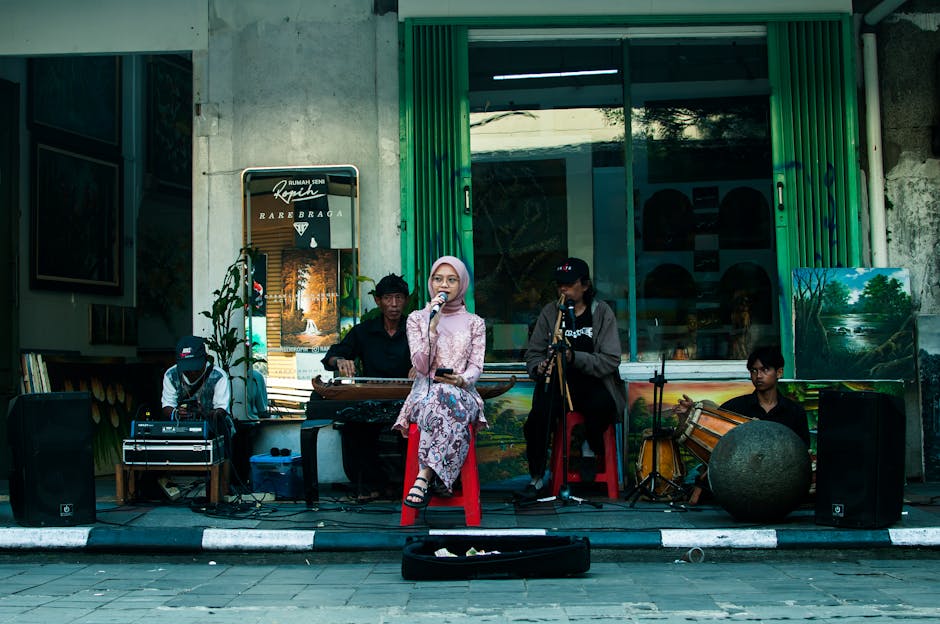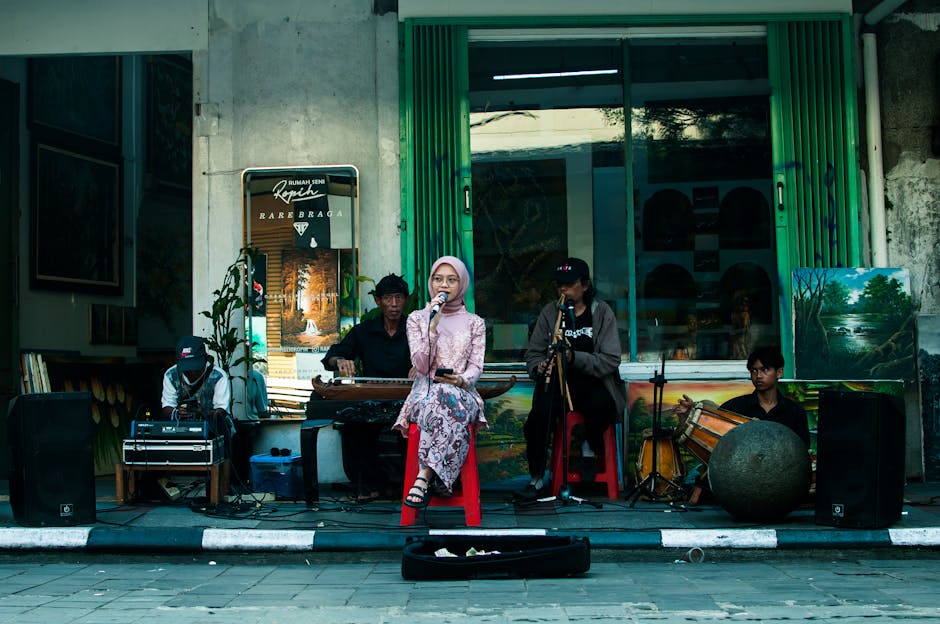Measles Outbreak Concerns Shadow Shakira’s Concert: A Public Health Perspective
Shakira’s electrifying performances are known to draw massive crowds, creating an atmosphere of shared excitement and collective energy. However, the recent surge in measles cases across various regions has cast a shadow over these large-scale gatherings, raising significant public health concerns, particularly in the context of Shakira’s upcoming concerts. This article delves into the intersection of entertainment events, infectious disease outbreaks, and public health strategies to address the potential risks associated with large-scale concerts during a measles resurgence.

The Measles Virus: A Public Health Threat
Measles, a highly contagious viral illness, spreads rapidly through airborne droplets produced when an infected person coughs or sneezes. Symptoms typically manifest as fever, cough, runny nose, and a characteristic rash. While often mild in otherwise healthy individuals, measles can lead to serious complications, including pneumonia, encephalitis (brain swelling), and even death, particularly in young children, pregnant women, and immunocompromised individuals. The resurgence of measles in recent years, largely attributed to decreased vaccination rates, underscores the persistent threat this disease poses to public health globally.
The incubation period of measles, the time between infection and symptom onset, is typically around 10-14 days. This relatively long incubation period, coupled with the virus’s high contagiousness, makes it challenging to contain outbreaks, especially in densely populated areas like those where large concerts are held.
Vaccination: The Cornerstone of Measles Prevention
Vaccination remains the most effective strategy for preventing measles. The MMR (measles, mumps, and rubella) vaccine, typically administered in two doses, provides highly effective protection against measles. High vaccination rates within a community create what’s known as ‘herd immunity,’ protecting even those who cannot be vaccinated due to medical reasons. However, declining vaccination rates in several regions have contributed significantly to the recent outbreaks, highlighting the need for public health campaigns promoting vaccination.

The World Health Organization (WHO) and the Centers for Disease Control and Prevention (CDC) strongly advocate for universal MMR vaccination. Their recommendations emphasize the importance of completing the two-dose vaccination schedule to ensure maximum protection against the measles virus.
The Risk at Large Concerts Like Shakira’s
Large-scale events, such as Shakira’s concerts, present a unique challenge for public health officials. The close proximity of attendees, often in poorly ventilated spaces, facilitates the rapid transmission of airborne viruses like measles. The large number of people attending these events amplifies the potential for widespread outbreaks if even a small percentage are infected and unvaccinated.
The dynamic nature of concert crowds, with people traveling from various regions and backgrounds, further complicates the risk assessment. Individuals may unknowingly carry the virus, potentially infecting a significant number of attendees before symptoms manifest.
Mitigation Strategies at Concert Venues
To minimize the risk of measles outbreaks at large concerts, various mitigation strategies can be implemented. These include:
- Enhanced hygiene measures: Providing ample hand sanitizing stations, promoting frequent handwashing, and ensuring regular cleaning and disinfection of high-touch surfaces within the venue.
- Improved ventilation: Ensuring adequate ventilation within the concert venue to minimize the concentration of airborne viruses.
- Public health announcements: Promoting vaccination and informing attendees about measles symptoms and preventative measures through announcements and informational materials.
- Temperature screening: Implementing temperature screening at entry points, although this is not a foolproof method of detecting measles.
- Contact tracing: In the event of a confirmed measles case among attendees, implementing efficient contact tracing to identify and monitor potential secondary infections.
The Role of Public Health Officials and Concert Organizers
Effective collaboration between public health officials and concert organizers is crucial in managing the risks associated with infectious diseases at large events. Public health officials should provide guidance and support to organizers in implementing appropriate preventative measures. Concert organizers, in turn, have a responsibility to prioritize the safety and well-being of attendees and implement the recommended strategies.
This collaborative approach involves risk assessment, planning for potential outbreaks, and implementing clear communication strategies to inform attendees about the risks and the measures being taken to mitigate them. Open communication and transparency are essential in building trust and ensuring public cooperation.
Shakira’s Concert: A Case Study
Shakira’s concerts, drawing thousands of fans from around the globe, serve as a case study for understanding the interplay between entertainment events and public health challenges. Analyzing the specific risks associated with her concerts, considering the geographic locations, and reviewing the implemented safety measures can inform best practices for other large-scale events.
The success of mitigating the risks of measles transmission at Shakira’s concerts will depend on a multi-faceted approach. This includes effective public health communication, strong collaboration between organizers and public health authorities, and the active participation of attendees in following preventative guidelines. Prioritizing vaccination, promoting good hygiene practices, and ensuring adequate ventilation are key factors in minimizing the risk of outbreaks and creating a safe and enjoyable experience for all.
Conclusion: Balancing Entertainment and Public Health
The resurgence of measles presents a significant public health challenge, particularly in the context of large gatherings like Shakira’s concerts. However, by implementing appropriate preventative measures, fostering effective collaboration between public health officials and event organizers, and promoting responsible behaviour among attendees, the risks of outbreaks can be significantly minimized. The goal is to strike a balance between providing exciting and memorable entertainment experiences while prioritizing the health and well-being of the public.
Continuous monitoring of measles outbreaks and adaptation of strategies are essential in ensuring the safety of future large-scale events. As public health experts continue to refine their understanding of disease transmission and prevention strategies, collaboration with the entertainment industry will remain crucial in preventing future outbreaks at similar events.

This situation highlights the ongoing importance of vaccination and the critical role of public health in protecting communities from preventable diseases. With informed decision-making and proactive measures, we can ensure that large-scale events remain a source of enjoyment and celebration without compromising public health.

